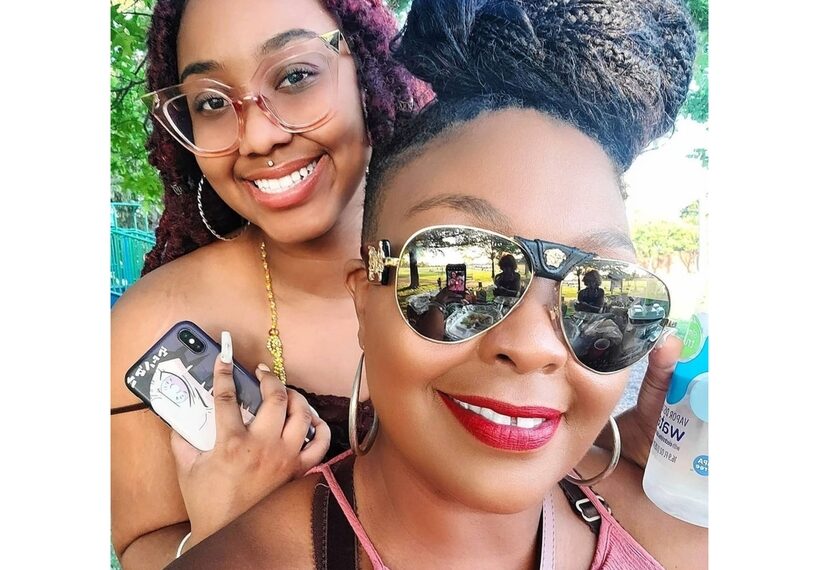As a Gen X Black woman, I believe we and older millennials bridge the gap between our elders and the new generation– Gen Z.
But what does that look like? Because we were born in 1965-1976 (Gen-X) and 1977-1982 (older millennials), Black women of these eras are more adaptable, tech-savvy, independent and still aligned with certain traditional values while being open to progressive thought.
When I became a mother in 2001, I was 27-years-old and determined to raise my baby girl to be a free-thinking world citizen. As I reflected on the young woman, Yemi had become– I compiled a list of life lessons I feel Black Gen Z women should have.
Little did I know when I posted that list to my social media accounts (especially Instagram), it would go viral.
“Good morning, loves! As a Gen Xer, it’s important to me that I pass on free game. My baby girl will be 20 next month, and every word I wrote here is what I’ve taught her. We always wonder if our babies get it, right,” I wrote. “Well, @negritawithtumbao_ never ceases to amaze me. She’s away at school and already raising hell. I love to see it!? These are Titi’s 10 commandments For Black Womanhood!”
View this post on Instagram
So many women– young and old– responded. And I was moved as a woman, an aunt, a sister and a mother.
I don’t take for granted that Gen X and older millennial Black women have certain advantages over our mothers, grandmothers and great-grandmothers in the sense that we have bared witness to the lived struggles of the older women in our families, and we are adamant about defining our lives on our terms.
Those women were often economical slaves to their mates– enduring abuse– because quite frankly, they had nowhere to go. We were empowered through their pain. In fact, a report on marriage in America revealed some pretty startling facts.
A report revealed that “1910 Census data and found that black households were more likely to be composed of extended family members, and more likely to be female-headed families than white households were.”
That same report disclosed tea that we have been sipping.
Hell, even then Black women were already fed up. But life and circumstances, right?
As we continue aging with grace, it’s absolutely necessary to pass on wisdom to the generations to come. It’s the only way that Black women can continue to thrive.















